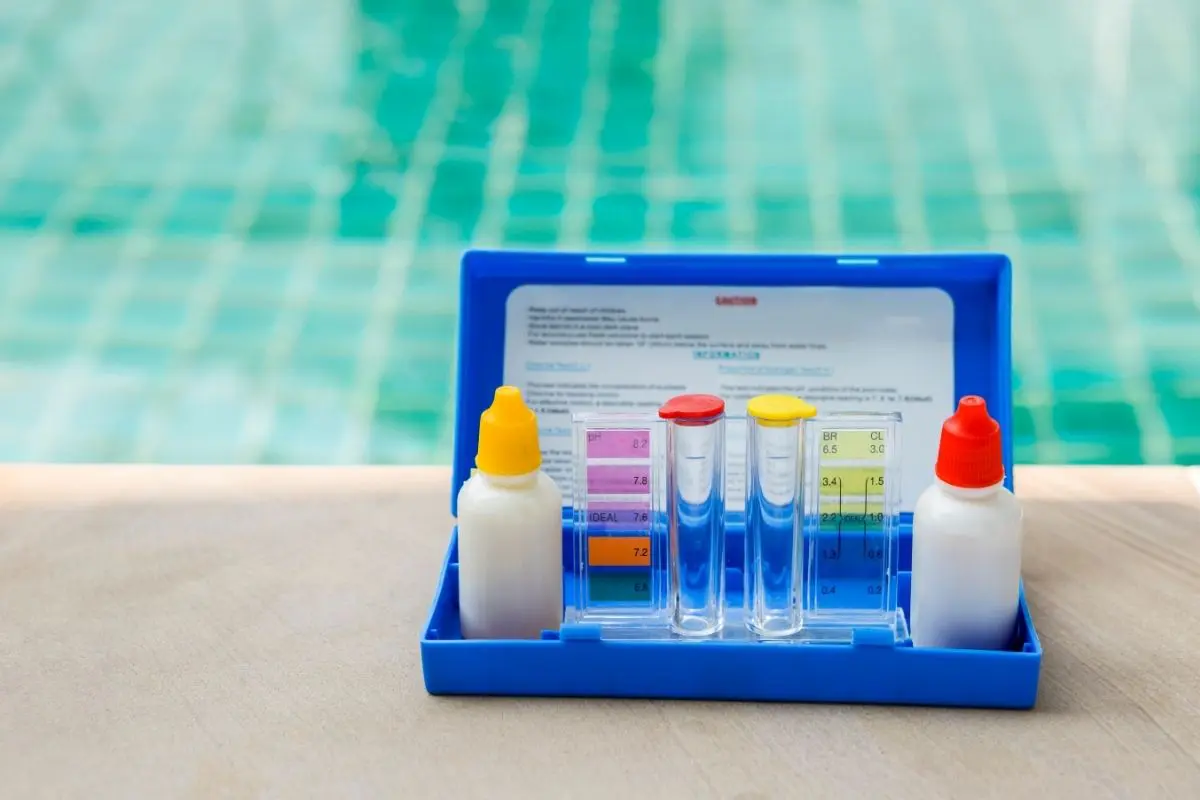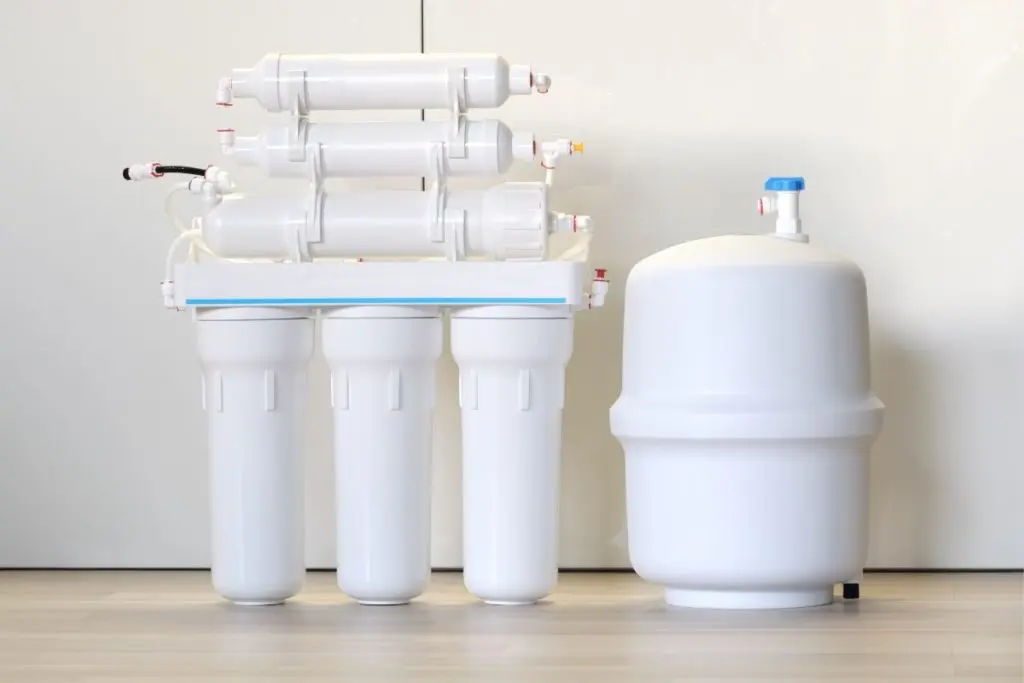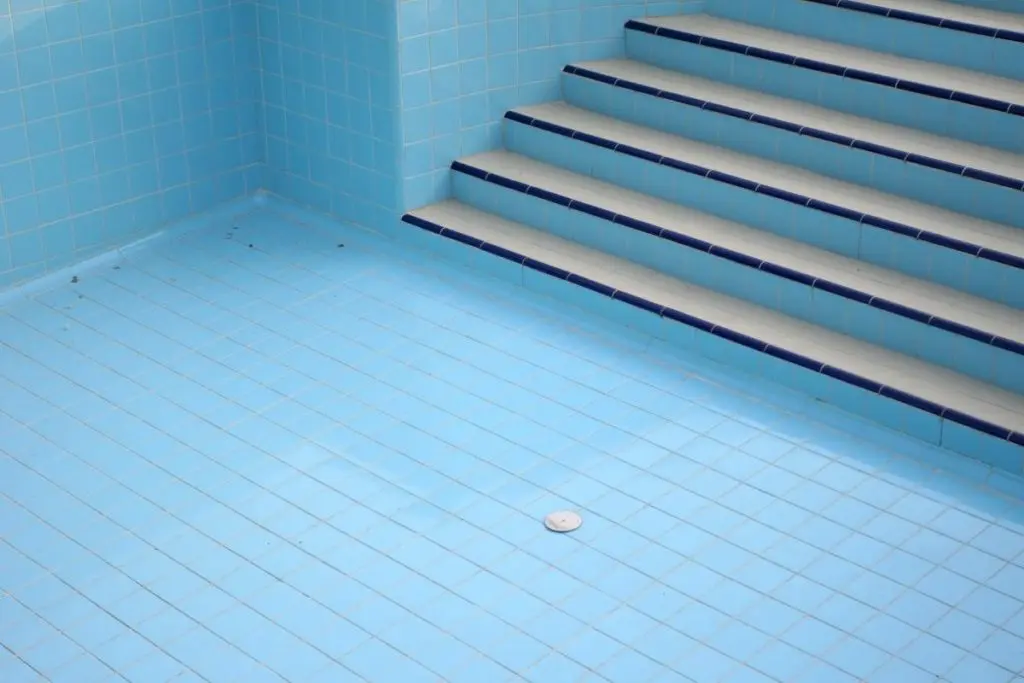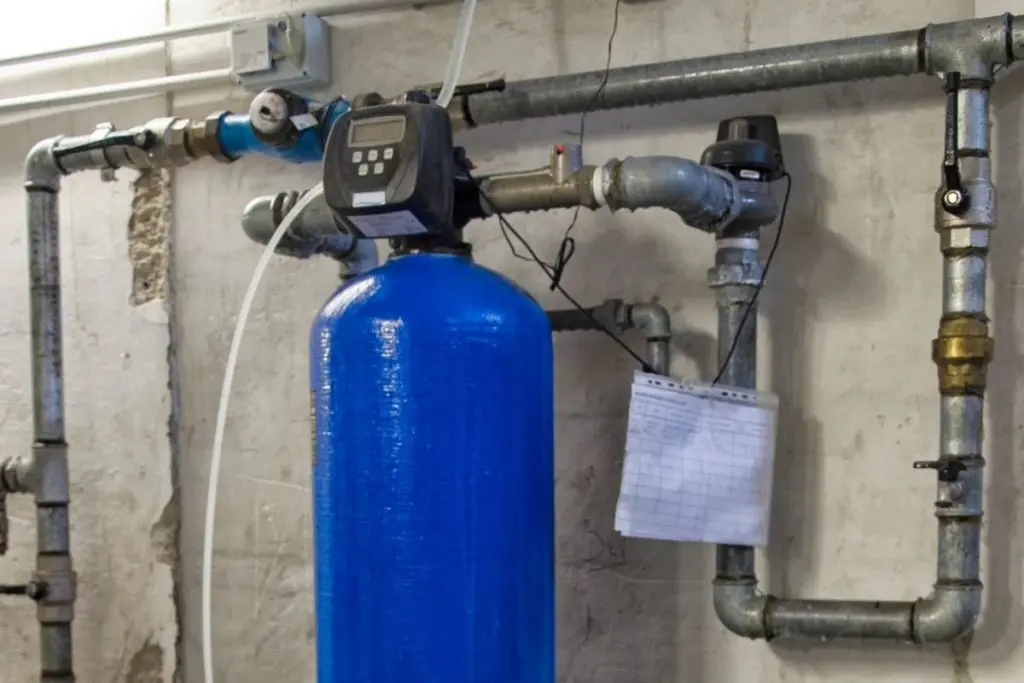Who doesn’t love a little time at the pool? Swimming is fun, healthy, and calls to mind all sorts of summertime memories. The same goes for cleaning a pool, right? Okay, maybe cleaning a pool is less fun than swimming in one — but at least it doesn’t have to be complicated. At first, it seems confusing; what with all the pool vacuums, skimmers, brushes, filters, and… robots? But fear not! There is no need to go to pool school — we’ve studied all the different types of pool cleaners for you.
How do pool cleaners work?
You may be unsurprised to learn that manual pool cleaning requires mostly human-powered labor, while automatic pool cleaners do much of the work for you.
When we refer to manual pool cleaning, we’re describing a group of cleaning methods, including scrub brushes, vacuums, and skimmers that attach to a telescopic pole for further reach.
Whether you opt for manual or automatic, cleaning your pool will require a vacuum of some kind. The difference between pool vacuums is how each is powered. Pool pumps have two sides: pressure and suction. That’s why automatic pool cleaners are referred to as “pressure-side” or “suction-side,” depending on which side of the filter pump powers their vacuum.
A robotic pool cleaner works differently. It draws power from an electrical outlet, and its vacuum is powered by its own motor, entirely separate from the pool.
4 Types of Swimming Pool Cleaners
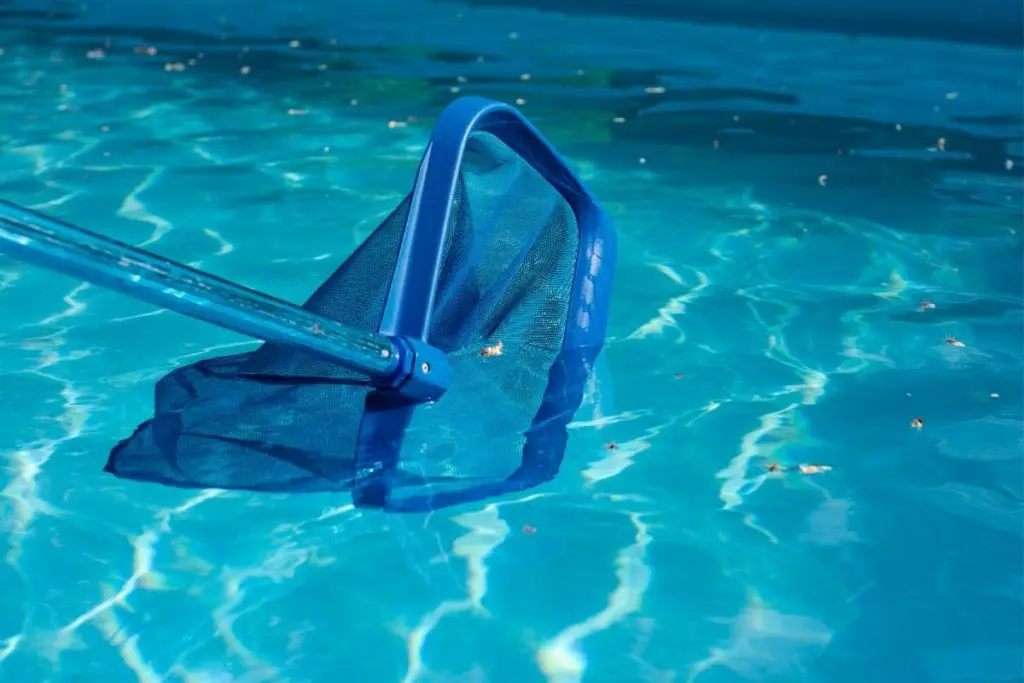
First, we’ll look at manual pool cleaners, and then we’ll go through the pros and cons of automatic pool cleaners.
1
Manual Pool Cleaners
Sometimes you just want to keep it simple. Or maybe you want to spend hours manually cleaning your pool so you can get ripped just in time to put on a swimsuit!
If that’s the case, there are plenty of manual options, like this cordless pool vacuum. Simple handheld cleaners work especially well for spot cleaning, or as an addition to an automatic pool cleaner.
Other manual cleaners attach to a hose or a pool skimmer and use the suction power of your pool’s pump as a vacuum.
Pros
- Cheapest option
- Great cardio and upper body muscle toning
Cons
- Time-consuming
- Physically hard work
- Manual suction cleaner can create a strain on your pool filter
2
Suction Pool Cleaners
Suction pool cleaners rely on the power of your pool’s filter pump to vacuum debris. Once attached, a suction-side cleaner propels itself around the pool, vacuuming as it goes.
Suction cleaners are the simplest and cheapest automatic pool cleaners, but they do come with a few drawbacks. Since these types of pool vacuums don’t have their filter, they deposit debris back into your pool’s filter — resulting in extra strain. If you have an older pool, a larger pool, or your pump isn’t sufficiently powerful, this type of cleaner isn’t recommended.
On the flip side, if you have a small pool with a strong pump, a suction-side pool cleaner can be an easy and economical choice.
Pros
- Easy to install
- Less expensive
- Easy to maintain
Cons
- Not suitable for large pools
- Less efficient and Less effective
- More wear and tear on the pool filter
- More frequent cleaning of pool’s pump basket
3
Pressure Pool Cleaners
Pressure cleaners use the pressure-side of your pool’s filtration pump. As water pumps through the cleaner, it uses this force to propel itself through the water and collect dirt and debris.
Pressure pool cleaners tend to be longer-lasting than other types of pool cleaners and rarely clog. The main advantage is their self-contained bag — they won’t dump debris back into your pool’s filter like a suction-side cleaner does.
One thing to consider when choosing between different types of automatic pool cleaners is the state of your pump. If yours is strong, a pressure cleaner is a good option. However, if your pool filter and pump are older or a little more sluggish, you may need to install a booster pump to ensure there’s enough water pressure to use this type of pool cleaner.
Pros
- Mid-priced
- Long-lasting
- Reduces filter strain
- Increased water circulation
Cons
- May require installation of a booster pump
- More complicated installation, maintenance
- Wall-cleaning not as effective as floor-cleaning
- Uses more electricity than autonomous (robotic) cleaners
4
Robotic Pool Cleaners
Now that we’ve looked at manual pool cleaners and two types of automatic pool cleaners, it’s time for the robots! If you don’t want to spend time cleaning your pool — or really, even thinking about cleaning your pool — a robotic pool cleaner is a no-brainer. This truly automatic, set-it-and-forget-it option may cost more, but it’s the only option that requires minimal human effort.
Since it has its own motor, a robotic pool cleaner is autonomous and doesn’t need to be connected to your pool in any way. A robotic pool cleaner also won’t create any wear or tear on your pool’s filtration system. Simply plug it in, let it do its thing for an hour or a few, and then empty the filter.
Pros
- No installation
- Self-contained
- Energy-efficient
- Oxygenates and circulates water
- Very useful, especially in corners
- Can be programmed to shut off when finished
- Does not require additional pumps or accessories
- Does not create a strain on a pool’s filtration system
Cons
- Heavy
- Expensive
- Range can be limited by cord length
How to Choose Which Type of Pool Cleaner is Right for You
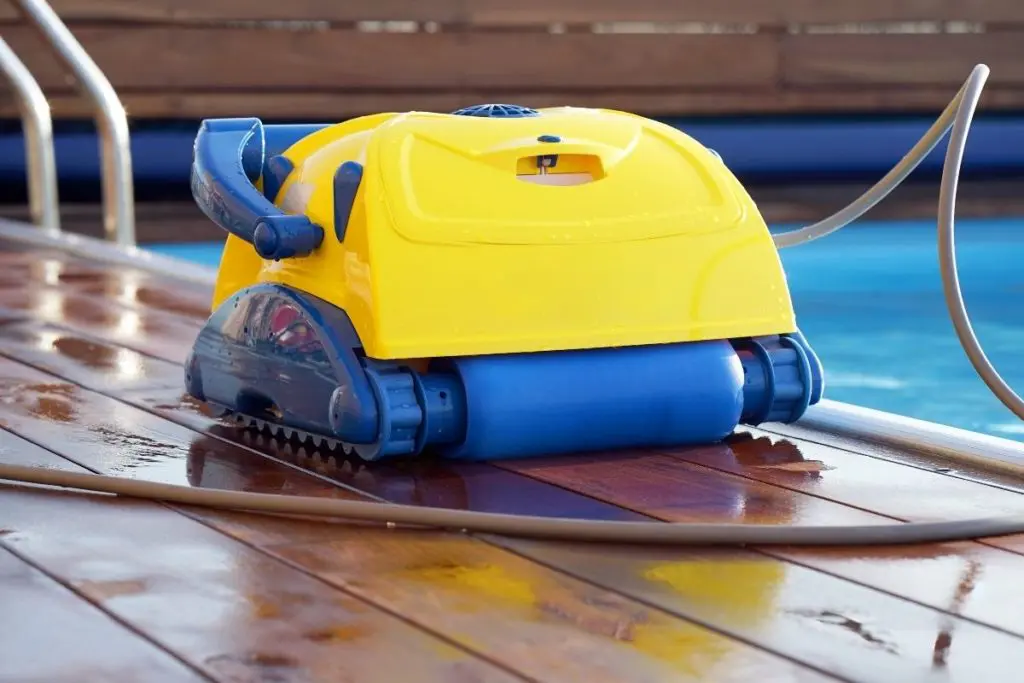
Here are a few things to keep in mind when deciding between pool cleaners:
- Pool size. If you have a smaller pool, you’ve got more options. It’s certainly more doable to manually clean a small pool if you want to keep it simple. Or you may need a simple, inexpensive suction-side pool cleaner. Conversely, a larger pool will likely require an investment in a booster pump if you choose a pressure-side cleaner, or create more wear and tear on your filter system if you choose a suction cleaner.
- Manual effort. Even if you choose an automatic suction or pressure cleaner, you’ll still have some work to do. Both require installation and need to be set up and put away each time you use it. A robotic cleaner requires the least effort of all, but its filter needs to be regularly cleaned.
- Budget. If expense isn’t a concern, just take the plunge and invest in a robotic cleaner. If that’s outside your means, you’ll have to assess the size and use of your pool, as well as the health and strength of your pump and filtration system to decide between a suction-side or pressure-side cleaner.
What’s the best type of pool cleaner?
Looking at sheer effectiveness and ease of use, a robotic pool cleaner is our pick for best pool cleaner. But ultimately, humans are still very efficient pool cleaners, and with a little automated assistance, even better. Since robotic cleaners aren’t in everyone’s price range, another type of automatic pool cleaner should also work just fine, depending on your pool’s size and filtration system.
Further Reading
